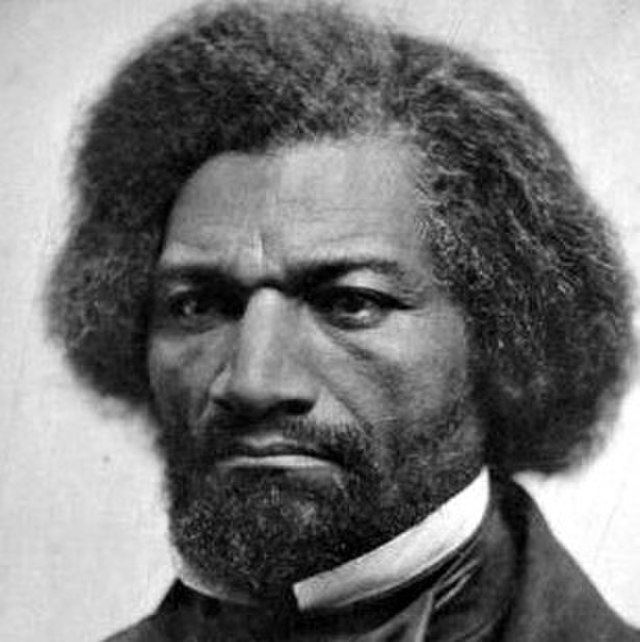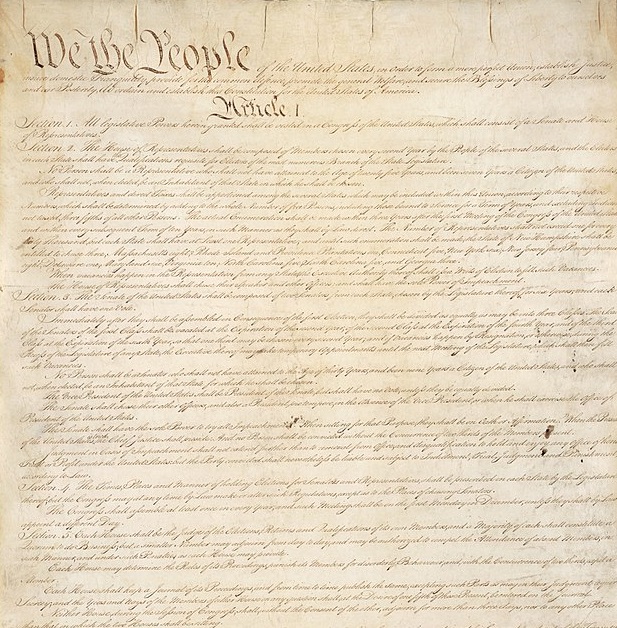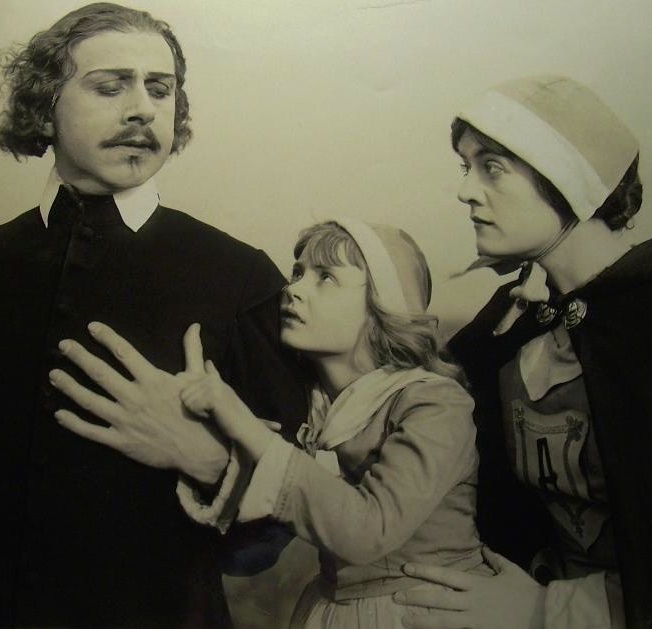
by Richard Subber | Oct 29, 2022 | Reflections, Tidbits
Pop-Pop’s point of view…
Being the grandfather just fills up my point of view, and the horizon gets pulled in pretty darn close, too! My beautiful granddaughter, our first, is here with me and my beloved, Barb, who is now Gram. This is our first journey of exploration as overnight babysitters in tandem—my son and his beloved, the Mom, are enjoying an interlude of adult conversation in another state.
…and when I say “pretty darn close,” I mean pretty DARN close because Gram won’t countenance my occasional unheeding sailor talk and so I try not to utter the other “D” word, although why we call it sailor talk instead of soldier talk or airman talk I do not know, most of the soldiers I knew could swear like drunken sailors, you betcha…
Anyway, I also try to concentrate on NOT doing baby talk, I never talked baby talk to my son, I intend to model the most correct version of the King’s English with this little girl because I am very well aware that she is already learning language even if she isn’t saying anything intelligible yet. She IS talking, I just don’t know what she’s saying, and I guess she’s in the same boat. So, we both do the best we can in the circumstances, and we smile a lot…and I think she likes to hear singing, so I’m doing some of that too, and it’s OK if I can remember only the chorus of “On The Banks of the Wabash, Far Away,” and she doesn’t mind if I sing it several times in a row.
I think it’s quite refreshing that babies don’t judge, they simply observe, learn, and imitate (or not), it would be a nicer world if more people acted like babies more often…except for the doo-doo diaper part, I confess there’s no thrill in it for me, but as the Pop-Pop, I’m prepared to do my duty when this young lady does the doodie, but, well, you know…
I’ve done some reading about language and the fully-wired facility that all human babies have at birth to learn language, so I’m fascinated to listen to her verbalization at the age of 8 months, she clearly is NOT making sounds at random, and so I am sympathetically responding to her, saying “I know you’re talking but I don’t know what you’re saying yet.” I know she’s working hard on understanding what we say to her. I can’t wait for my first opportunity to listen to my sweet granddaughter and say: “I understand!”
Stay tuned…and if you’re already a grandparent, you know how this story turns out!
September 2, 2011
In case you were wondering: Paul Dresser published “Wabash” in 1897, and his wildly popular ballad was one of the earliest pieces of music to be recorded…
http://en.wikipedia.org/wiki/On_the_Banks_of_the_Wabash,_Far_Away
* * * * * *
Copyright © Richard Carl Subber 2022 All rights reserved.
Movie review: Same Time, Next Year
all-American adultery, oh yeah…
–
In other words: Poems for your eyes and ears with 64 free verse and haiku poems,
and the rest of my poetry books are for sale on Amazon (paperback and Kindle)
and free in Kindle Unlimited, search Amazon for “Richard Carl Subber”
* * * * * *

by Richard Subber | Oct 26, 2022 | American history, Book reviews, Books, History, Human Nature
he taught himself to read and write
Book review:
Narrative of the Life of Frederick Douglass:
An American Slave
by Frederick Douglass
Benjamin Quarles, ed.
Cambridge, MA: The Belknap Press of Harvard University Press, written 1845, copyright 1960
163 pp.
Narrative is a devastatingly calm account of the life of Frederick Douglass as a slave and then a free man.
It’s very hard to read, let alone imagine the reality of the whippings that Douglass describes. It’s horrifying to recognize that some human beings brutalized other human beings with a whip.
Douglass taught himself to read and write.
He informs us about history that we don’t want to know, but must accept as true.
* * * * * *
Book review. Copyright © Richard Carl Subber 2022 All rights reserved.
Poets talk about poetry
…a red hot bucket of love…
–
Above all: Poems of dawn and more with 73 free verse poems,
and the rest of my poetry books are for sale on Amazon (paperback and Kindle)
and free in Kindle Unlimited, search Amazon for “Richard Carl Subber”
* * * * * *

by Richard Subber | Oct 12, 2022 | Human Nature, Language, My poetry, Poetry
…the vanishing point…
Love has a name
She imagined bliss in the dark
on the cool sand.
He numbly spoke his part
in a lovers’ quarrel.
She offered him so many futures together,
paired, and shared.
She offered one exotic future
in her ruby world.
She heard the lovers’ music,
not knowing that he danced
to familiar rhythms
without hearing the tune
that chimed in her heart.
She offered him their futures,
but he ensnared that single one
that would make them one,
he could not release it
to her nurture and her joyful care,
he stole the ruby future and ran away.
He left a lonely rose
and a note with two words
that she could not accept,
and he rushed to the vanishing point
on his horizon.
She held his note, signed with his “G”…
she stared at her empty horizon,
with barely hot tears,
she shuddered in the first searing sadness,
knowing that she had never spoken his name.
Feb 26, 2021
Inspired by The Good Karma Hospital, a 2017 TV series that ran for three seasons. In the last episode, Dr. Ruby Walker learns that her love affair with Dr. Gabriel Varma isn’t a love affair, and is only another example of Dr. Varma’s pathetic inability to make a commitment.
* * * * * *
My poetry. Copyright © Richard Carl Subber 2022 All rights reserved.
American Character: A History of the Epic Struggle…
Colin Woodard makes it easier to understand…(book review)
–
As with another eye: Poems of exactitude with 55 free verse and haiku poems,
and the rest of my poetry books are for sale on Amazon (paperback and Kindle)
and free in Kindle Unlimited, search Amazon for “Richard Carl Subber”
Your comments are welcome—tell me what you’re thinking.
* * * * * *

by Richard Subber | Sep 19, 2022 | Book reviews, Books, History, Human Nature, Politics, Power and inequality, World history
swords, but no ploughshares…
Book review:
The Great Game:
The Struggle for Empire in Central Asia
by Peter Hopkirk
New York: Kodansha International, Ltd., 1992
564 pp
This was almost entirely new history to me. I guess I’m a typical Westerner—I don’t know much about Asia.
It’s not enough that the indigenous peoples of Asia have been squabbling and fighting with each other for centuries. The British and other Europeans and the Russians decided to get involved in the “Great Game” of trying to control and expropriate the riches of the East.
The Great Game tells it all.
It hasn’t turned out well at all.
Endless warfare is not the way to go about it. It don’t work.
* * * * * *
Book review. Copyright © Richard Carl Subber 2022 All rights reserved.
Book review:
The American Revolution: A History
The “Founders” were afraid of “democracy”…
by Gordon S. Wood
–
Seeing far: Selected poems with 47 free verse and haiku poems,
and the rest of my poetry books are for sale on Amazon (paperback and Kindle)
and free in Kindle Unlimited, search Amazon for “Richard Carl Subber”
* * * * * *

by Richard Subber | Sep 5, 2022 | American history, Book reviews, Books, History, Human Nature, Politics, Power and inequality, Revolutionary War
umm, they forgot about “patriotism”…
Book review:
The Political Depravity of the Founding Fathers:
Studies in the History of The United States
by John Bach McMaster
New York: Noonday Press, division of Farrar, Straus & Company, 1964
Originally published as With The Fathers in 1896
McMaster writes with the perspective of 125 years ago, and it’s all too obvious. However, this is not a fatal problem.
The Political Depravity of the Founding Fathers is a largely chronological elaboration of the many political and self-interested motivations that were the controlling factors in the creation of the Constitution, the Monroe Doctrine, George Washington’s presidency, and a broad scope of public concerns during the 19th century.
McMaster has not written anything like “love ya” biographies of the so-called Founding Fathers.
* * * * * *
Book review. Copyright © Richard Carl Subber 2022 All rights reserved.
Book review: The Sea Runners
…it informs, it does not soar…
by Ivan Doig
–
Above all: Poems of dawn and more with 73 free verse poems,
and the rest of my poetry books are for sale on Amazon (paperback and Kindle)
and free in Kindle Unlimited, search Amazon for “Richard Carl Subber”
* * * * * *

by Richard Subber | Aug 31, 2022 | Book reviews, Books, Joys of reading, Theater and play reviews
the movies ignore the real story…
Movie review:
The Scarlet Letter
by Nathaniel Hawthorne (1804-1864)
Published 1850
I watched three films based on Nathaniel Hawthorne’s iconic story, The Scarlet Letter. My small sample (there are at least nine movies based on the story) confirms that Hollywood really can’t stand the story as Hawthorne wrote it.
Read my review of Hawthorne’s book, click here.
In 1934 Colleen Moore played Hester Prynne and Hardie Albright played Rev. Arthur Dimmesdale in the tale about Puritan condemnation of adultery and children born out of wedlock. Hester is sentenced to wear an embroidered scarlet letter “A” on her bosom, and Dimmesdale endlessly rationalizes his decision to conceal his role as the mysterious father of little Pearl. The movie reflects the production limitations and typical dramatic direction in the 1930s—there’s a lot of staring into the camera, and crowded action scenes.
Meg Foster played Hester and John Heard played Dimmesdale in the 1979 TV miniseries about The Scarlet Letter. There are recognizable scenes from the book. The script is nondescript. It’s a ponderous distillation of Hawthorne’s words.
The 1996 version with Demi Moore as Hester and Gary Oldman as Dimmesdale apparently is the latest in the unsatisfying series of film versions of The Scarlet Letter. It is an almost lurid mal-adaptation of the book. The hot scenes featuring Hester and Dimmesdale attracted to each other are a complete invention—Hawthorne eschews any explicit reference or description of physical intimacy between his principal characters. Demi and Gary get it on, but it ain’t Hawthorne.
In all three films, the role of little Pearl is deliberately underplayed. The child is a principal factor in the story—her feelings, her joie de vivre, her contemplations, her maturation are fully explored in the book, and ignored in the movies.
The mental and emotional quagmires that are explored and endured by Hester and Dimmesdale are generally ignored in the movies. None of the movies uses the ending that fulfills the book.
In short, for my taste, if you want to claim that you are familiar with the themes, plot, and denouement of The Scarlet Letter, you have to read the book.
The movies are scandalously thin and false charades of the powerful drama of Hawthorne’s story that was published very successfully in 1850.
If you think you remember reading it a long time ago, try it again.
* * * * * *
Movie review. Copyright © Richard Carl Subber 2022 All rights reserved.
Book review: Shantung Compound
They didn’t care much
about each other…
by Langdon Gilkey
–
My first name was rain: A dreamery of poems with 53 free verse and haiku poems,
and the rest of my poetry books are for sale on Amazon (paperback and Kindle)
and free in Kindle Unlimited, search Amazon for “Richard Carl Subber”
* * * * * *





